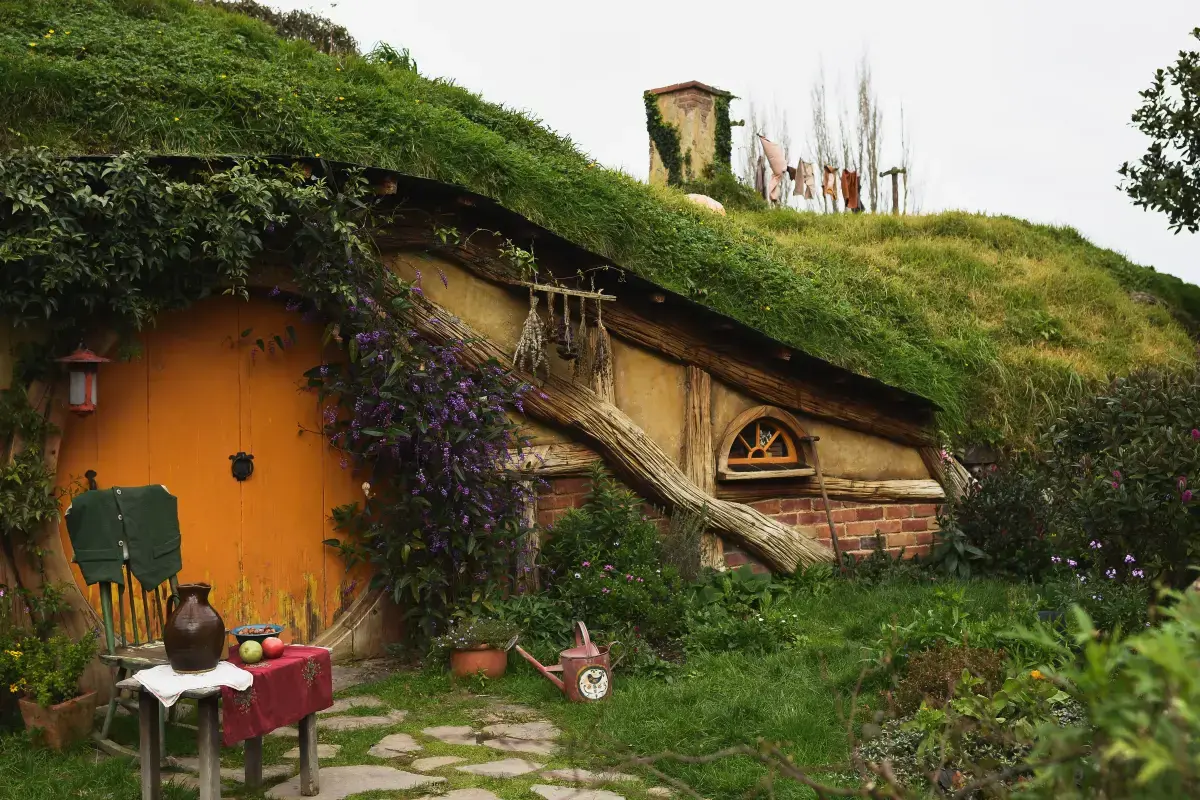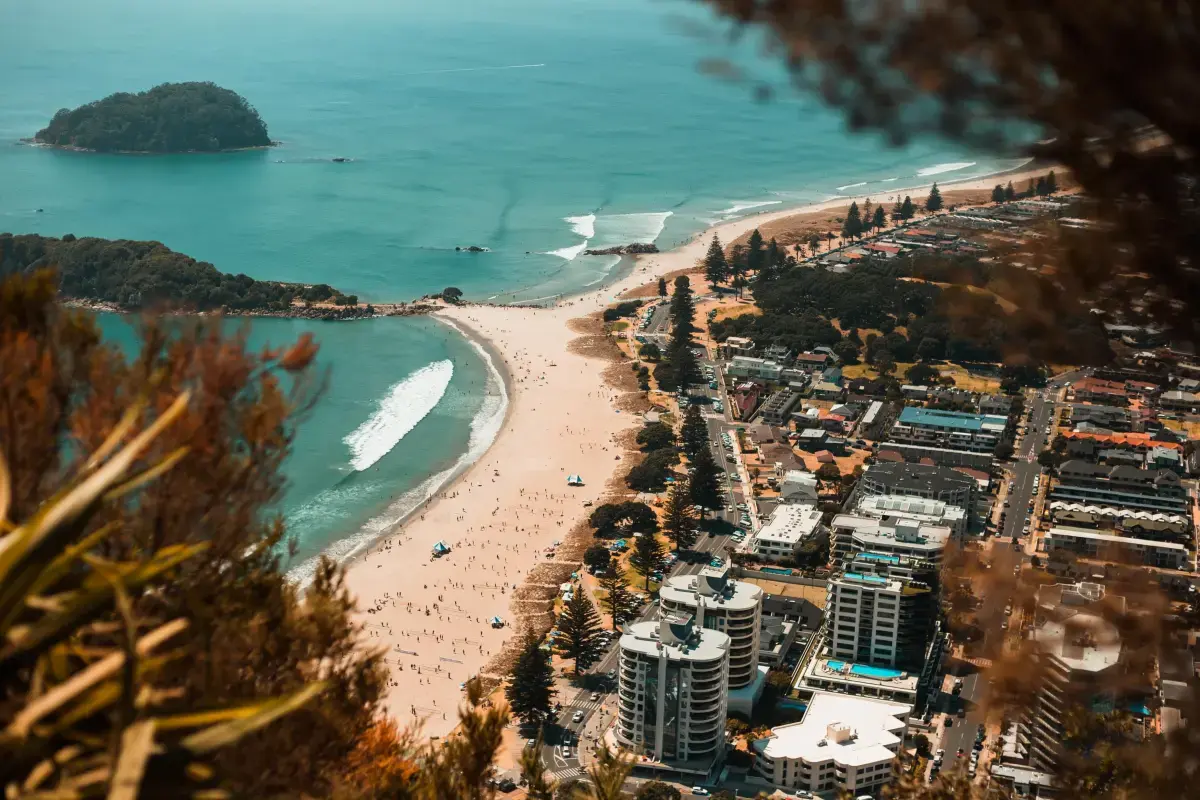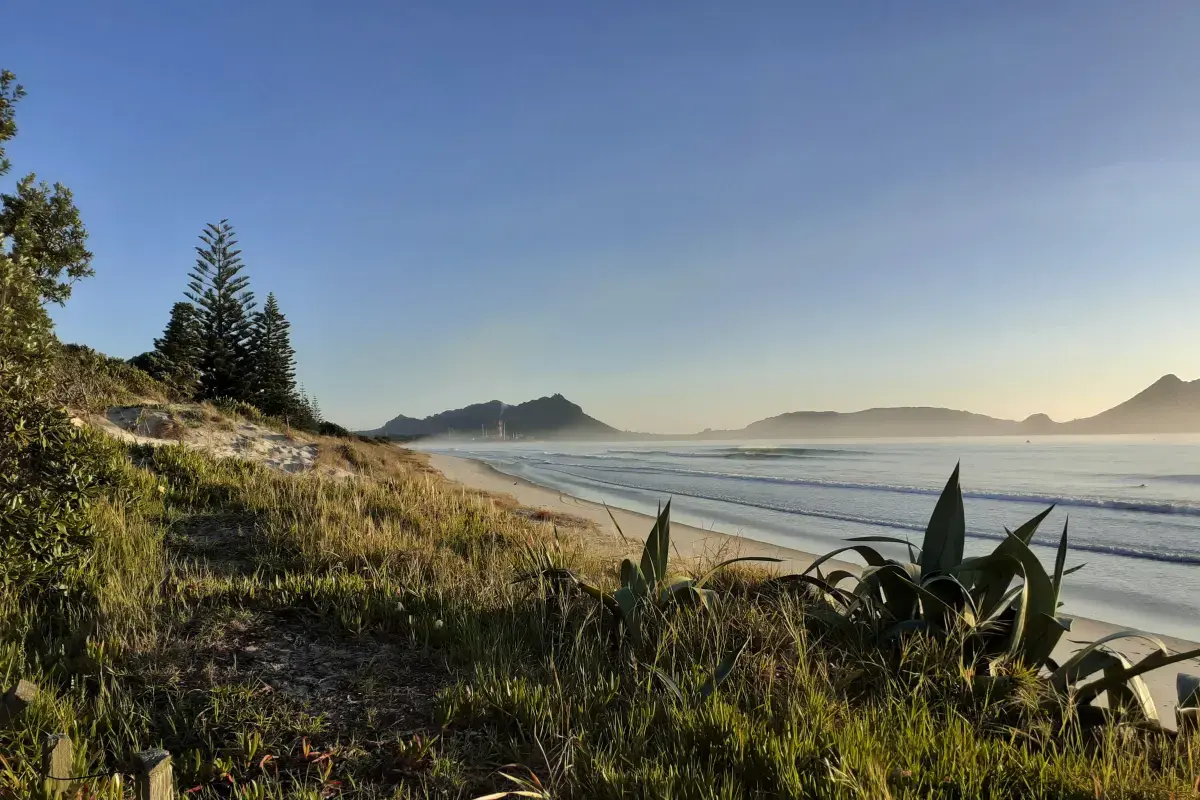- Anesthesiologist
- Obstetrician and Gynecologist
- Psychiatrists
- Surgeons
- General Internal Medicine
- Physicians
- Ophthalmologists
- Orthodontist
- Product Manager
- Artificial Intelligence & Machine Learning (AI/ML) Engineer
- Full-Stack Developer
- Cloud Architect
- DevOps Engineer
- Blockchain Engineer
- Software Architect
- Big Data Engineer
- Internet of Things (IoT) Solutions Architect
- Data Scientist
- Cyber Security Architect
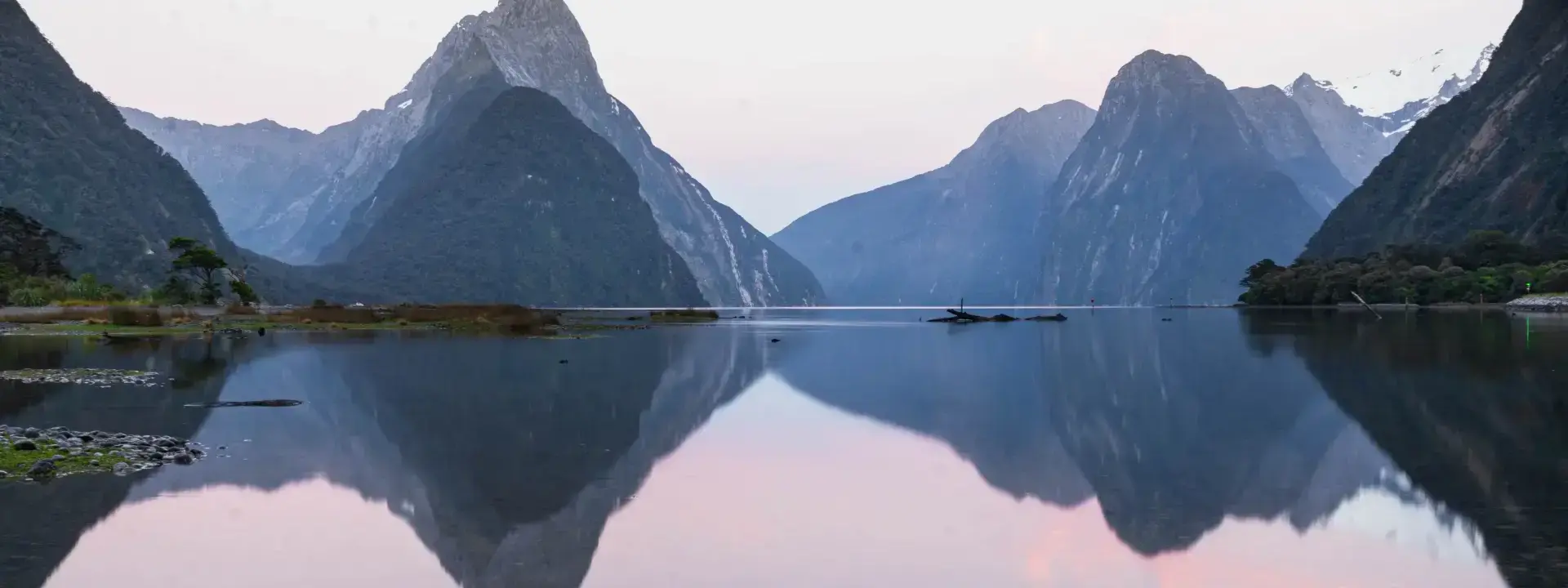
Moving to New Zealand in 2025
Step by step guide on migrating and relocating to New Zealand in 2025?
Use our Guide to find all the moving information you may need if you are thinking of moving or working in New Zealand.
People relocate to New Zealand for a variety of reasons. The most common reasons for migration to New Zealand include: 1. Employment Opportunities: New Zealand offers excellent employment opportunities in a variety of industries, from tech and finance to tourism and construction. With unemployment at a record low and job growth projected to remain strong, many people are eager to take advantage of the opportunities available in this vibrant country. 2. Quality of Life: New Zealand is well known for having one of the highest quality of life ratings of any country. With a reputation for safety, affordability, and environmental friendliness, New Zealanders enjoy a highly desirable lifestyle. With its diverse landscapes, mild climate, and welcoming culture, New Zealand is an appealing destination to many people attracted to its beauty and lifestyle. 3. Education System: New Zealands education system is highly respected and renowned throughout the world. From primary to tertiary education, New Zealands strong educational system produces excellent results and offers quality educational programs. 4. Immigration Policy: New Zealands immigration policy is designed to ensure its citizens benefit the most from immigration. With a straightforward points-based system, New Zealand offers flexibility and encourages qualified professional migrants to apply. 5. Tourism: New Zealands stunning scenery and unique culture have made it a top choice for holidays and visitors from around the world. As a result, the tourism industry is a significant part of the New Zealand economy and helps create new jobs for newcomers. 6. Adventure and Outdoor Pursuits: New Zealand offers an abundance of outdoor activities such as skiing, surfing, hiking, and camping. With a wide variety of terrains, New Zealand is an ideal location for outdoor lovers. 7. Investment and Business Opportunities: Business owners from around the world are attracted to New Zealands investment and business opportunities. With its robust business infrastructure, skilled workforce and affordable cost of living, New Zealand is an attractive option for entrepreneurs. These reasons, combined with New Zealands friendly and welcoming culture, are some of the main reasons people decide to relocate and move to New Zealand.
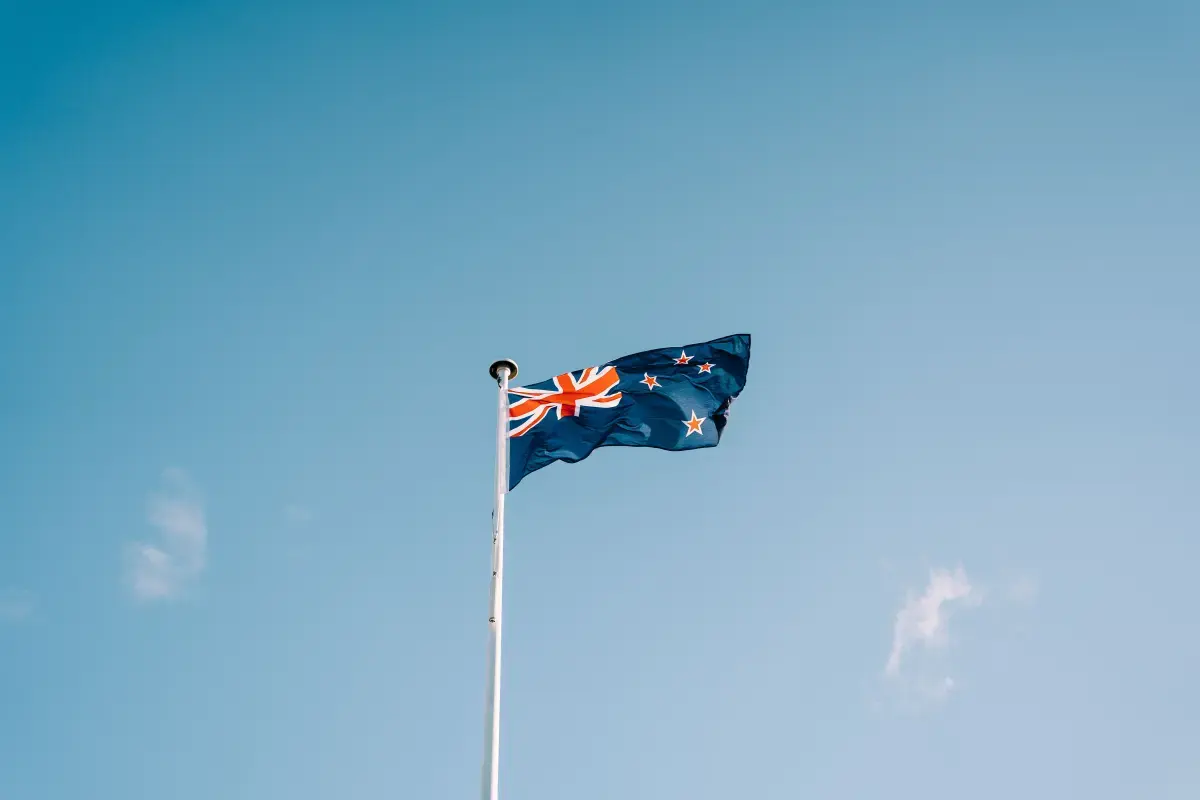
Gigs
Cost of Moving to New Zealand
The cost associated to moving to New Zealand will depend on your individual situation and needs. Here are some of the expense you may incur: 1. Visas: Depending on your nationality and employment status, you may need to apply for a Resident Visa or a Work Visa. The cost of both types of visa vary. 2. Travel expenses: You may need to pay for airfare or travel to New Zealand. 3. Accommodation: You may need to pay for temporary accommodation upon arrival and then rent or purchase a house or property once you find a job. 4. Living expenses: You will need to pay for groceries and other living expenses such as utilities, telephone and internet bills, transport costs and health insurance. 5. Moving expenses: You may need to pay for packing and shipping of your belongings to New Zealand. NZ is a long long way away from anywhere. 6. Education fees: If you have children, you may need to pay for school fees. 7. Vehicle registration: If you plan to bring your vehicle with you, you will need to register and insure the vehicle. 8. Miscellenous costs: You may need to pay for new documents including drivers license and ID, bank account fees and more.
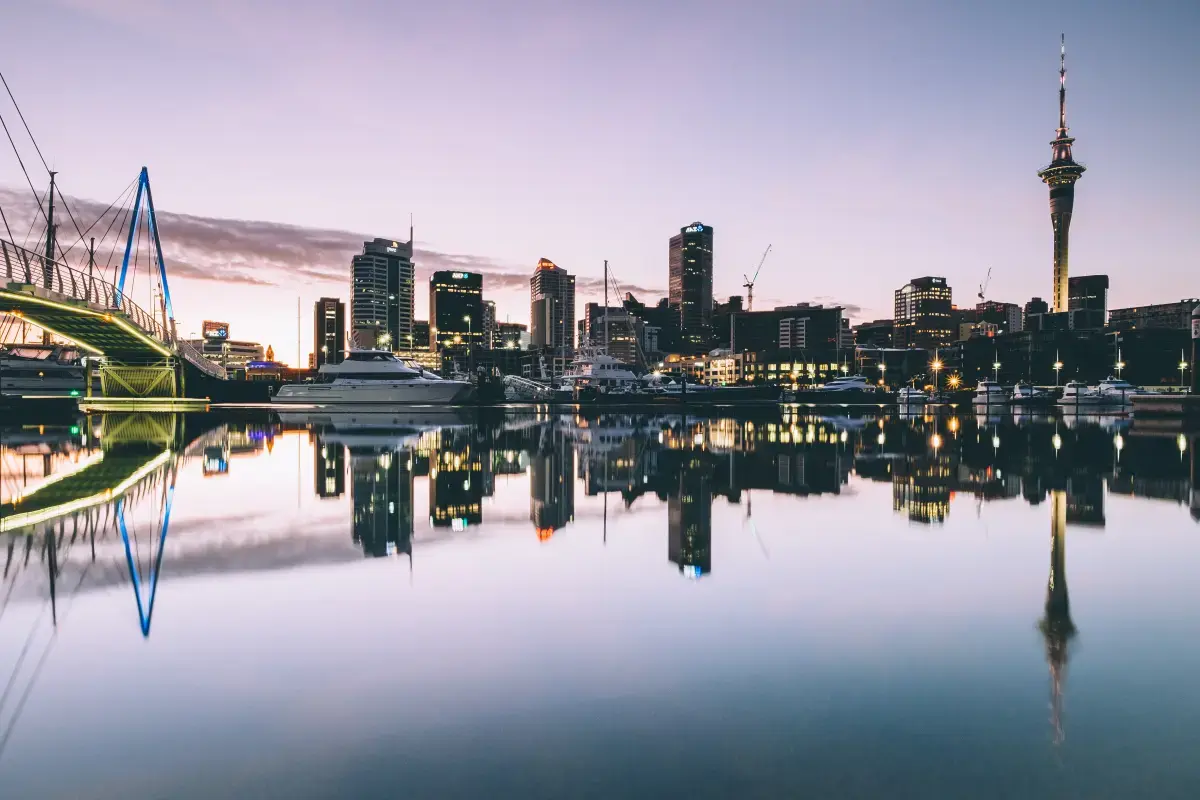
Jobs
Best Jobs in New Zealand
The most popular jobs migrants moving to New Zealand have typically been in professional, skilled and technology-oriented roles. Software developers, computer programmers, and IT professionals are sought after for their ability to contribute to the thriving tech sector in the country. They can expect to earn an average salary of NZ$96,000+ per year. Diverse professional roles like accountants, HR managers and business management specialists are in demand for their ability to bring valuable skills and knowledge to the workplace. Their annual salary averages around NZ$70,000. Healthcare has also been a growth industry in New Zealand. Doctors in the country can expect to make an average salary of NZ$150,000 per year, while nurses can make around NZ$50,000. The country also has a strong demand for physiotherapists and mental health professionals, earning up to NZ$85,000 annually. In the trades sector, there is a high demand for skilled construction workers and electricians. These roles are typically stable, with salaries ranging from NZ$55,000 to NZ$70,000 per year. Construction managers can earn up to NZ$90,000 depending on their experience. Finally, the tourism sector is one of the engines driving the country’s economy. Migrant workers can find a range of jobs from hospitality to tour guides, paying an average of NZ$45,000 to NZ$60,000 annually.
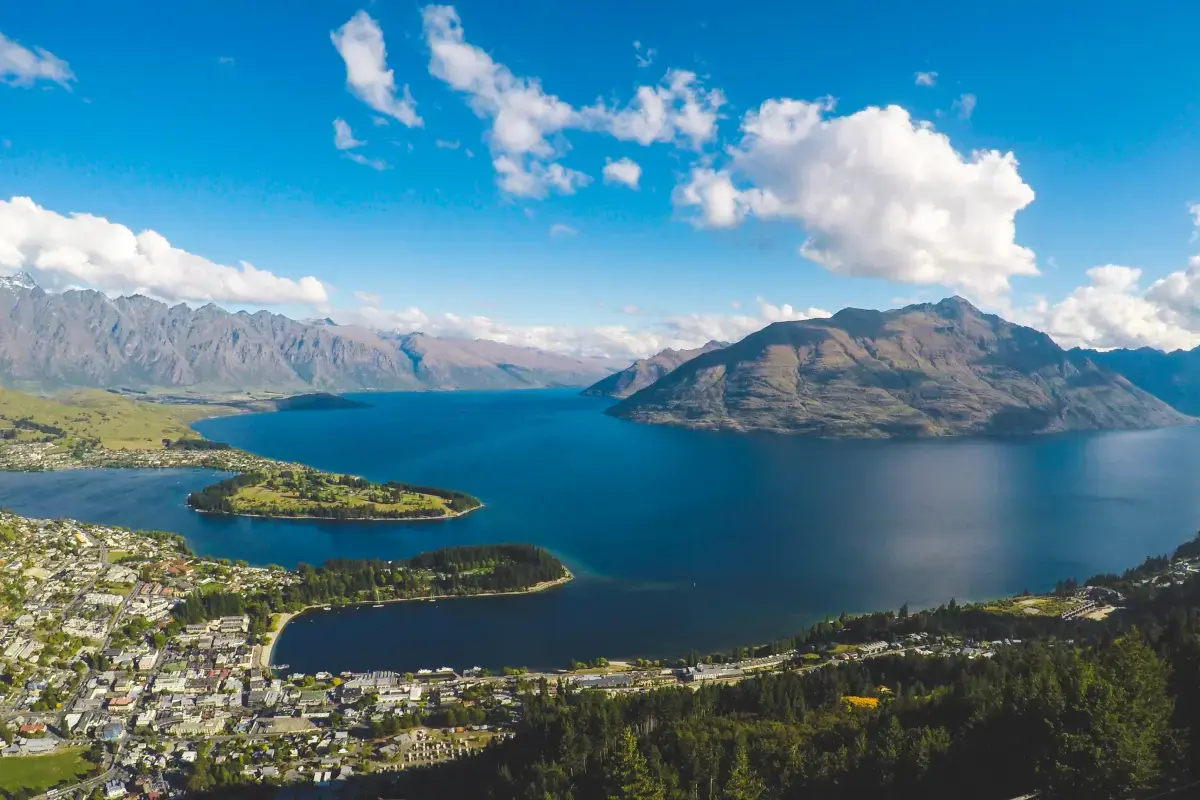
Volunteers
Weather in New Zealand
New Zealand enjoys a temperate maritime climate, meaning that temperatures seldom reach extreme levels in either summer or winter. The average daytime high temperatures range from 21 to 26 degrees Celsius (70 to 80 degrees Fahrenheit) during summer, and from 10 to 16 degrees Celsius (50 to 60 degrees Fahrenheit) during winter. Rainfall can vary greatly by region, but the country as a whole experiences an average of between 600 and 1,200 millimetres of rainfall per year. This rainfall is consistent throughout the year, although winter (June to August) sees slightly more rainfall than summer (December to February). New Zealand has four distinct seasons: • Summer (December to February) is typically dry and sunny, and the hottest season, but with the highest levels of rainfall. • Autumn (March to May) is a transition season where temperatures start to cool and rainfall begins to decline. • Winter (June to August) brings cooler temperatures and significant levels of rainfall, and snow can occur in the mountain areas. • Spring (September to November) is when temperatures start to warm up and rainfall levels are at their lowest. For the best of New Zealand’s warm and sunny climate, head to the North Island between the months of December to February. In the South Island, the best time to visit tends to be between the months of March and October – and in general, the summer months tend to be the most popular time to visit.
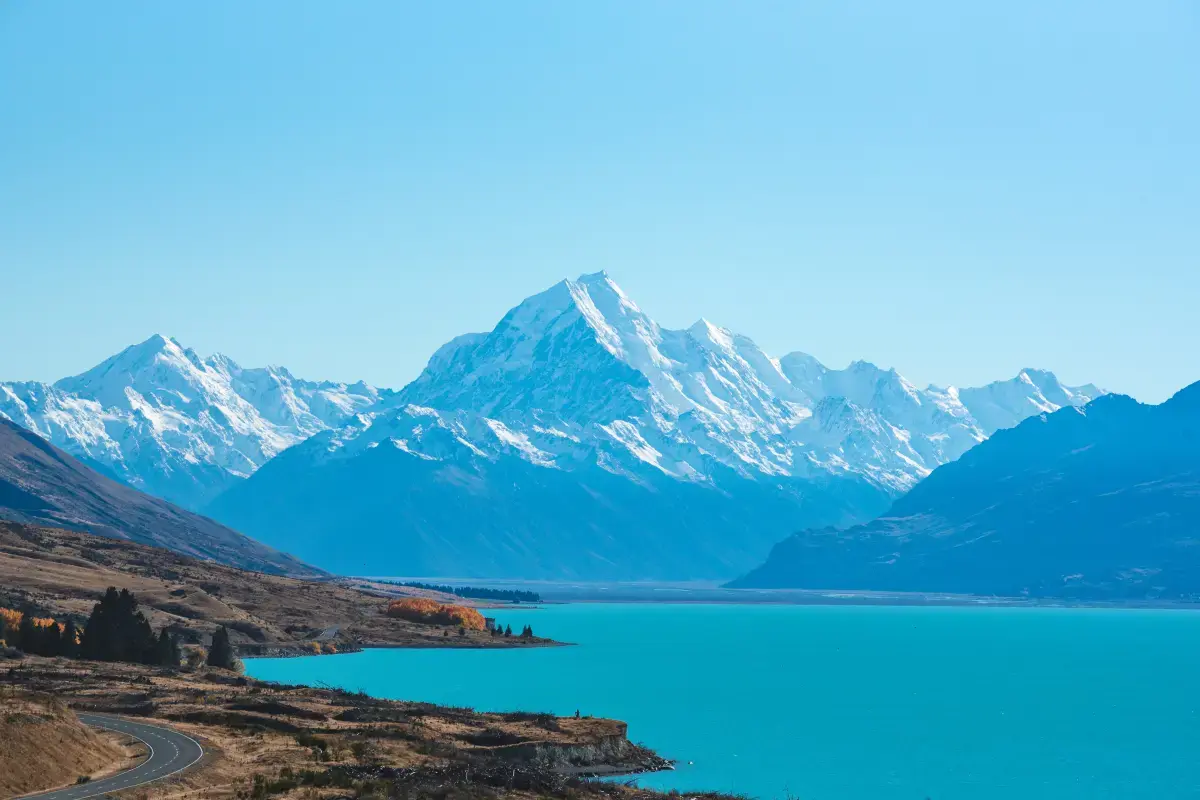
Promote
Tax & Welfare System in New Zealand
The Tax System in New Zealand is constantly evolving and designed to be fair and progressive, while collecting enough revenue to run the government. The tax system is used to collect revenue to fund essential public services such as education and health care. The New Zealand Revenue Agency (IRD) administers the taxation system and is responsible for the collection of taxes. In New Zealand, income tax is the major form of taxation. All income payments are subject to income tax; this includes money paid through wages, salary, interest and shares. Other types of taxes include fringe benefit taxes, goods and services taxes, inheritance taxes, and capital gains taxes. The social welfare system in New Zealand is administered by the Ministry of Social Development and provides a range of financial aid supports for those in financial hardship. The welfare system is made up of a number of different types of benefits, including the Unemployment Benefit, Jobseeker Support, Supported Living Payment, and more. Financial assistance is provided to those who are unable to support themselves financially due to medical conditions, bereavement, parenting and more. In addition to financial assistance, the government also offers a range of support services and advice to help people find employment and improve their skills. The governments social welfare system is designed to help vulnerable people who have difficulty getting by through their own efforts. It works to reduce poverty and economic hardship, support people to move into employment and enhance their well-being.
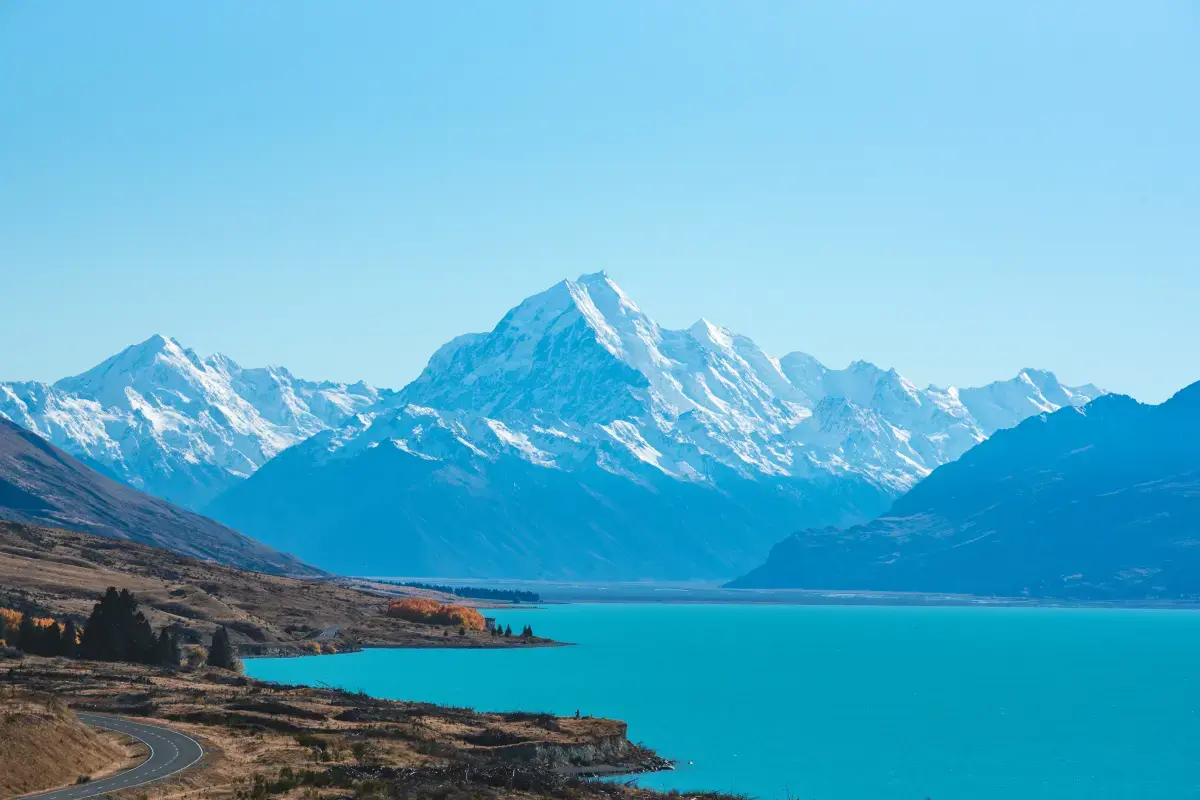
Holidays in New Zealand
National holidays in New Zealand are mostly celebrated on the first Monday of the month unless otherwise specified. The statutory national holidays are usually observed and include New Years Day (1st January), Waitangi Day (6th February), Good Friday and Easter Monday, Anzac Day (25th April), Queen’s Birthday (the first Monday of June) and Labour Day (the fourth Monday of October). The two other days are specific to New Zealand only and are Matariki (the rising of Matariki, the cluster of stars looked to by Māori to mark the mid-year, celebrated in June or July) and bank holidays which vary yearly by region. Christian holidays - Christmas Day (25th December) and Boxing Day (the second Monday of December) - are also observed and, along with Easter, are the only moveable holidays in New Zealand.
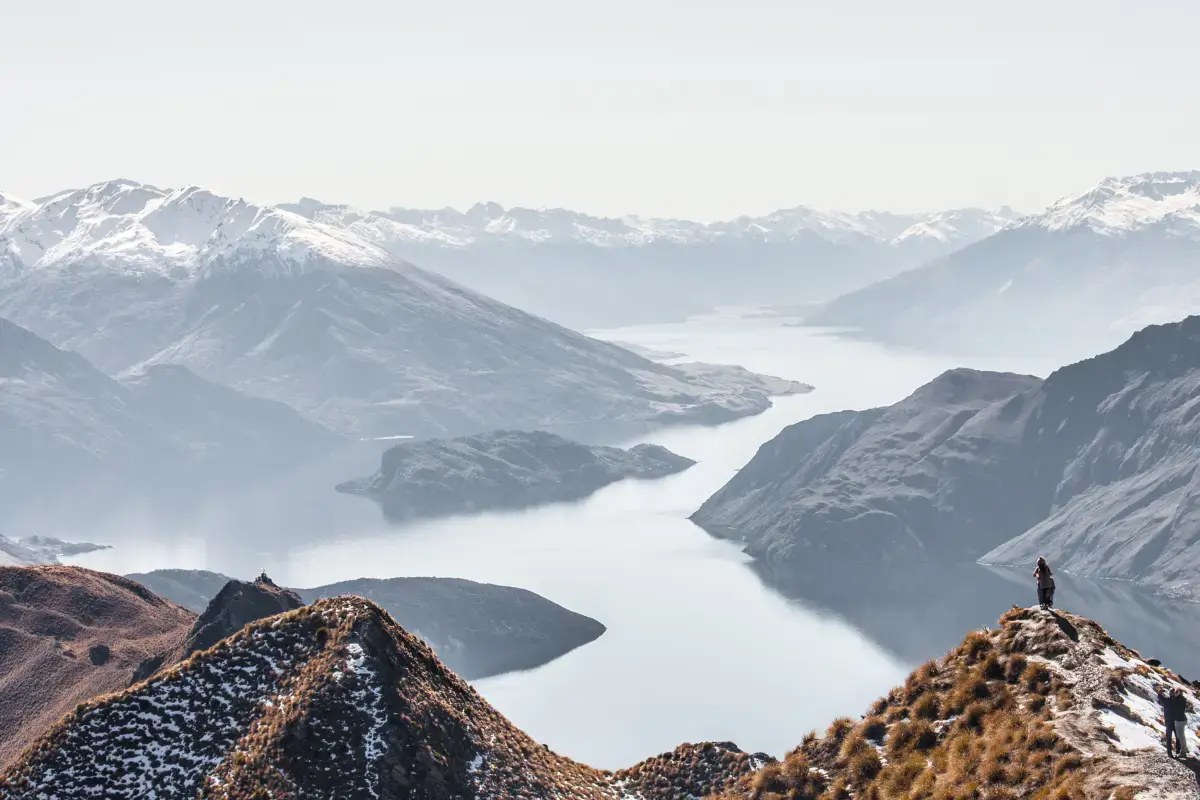
Where to Live in New Zealand
New Zealands most densely populated areas are located in the north of the country and consist primarily of the Auckland, Wellington and Christchurch metropolitan areas. These areas are home to approximately three million people in total, or around 60% of New Zealand’s population. The majority of jobs in New Zealand are found in these three metropolitan areas. Auckland, the largest city in the country, is home to the largest number of jobs. This city has a large variety of job opportunities in finance, media, technology, trade and tourism, making it the main hub for job seekers. It is also a major centre for business headquarters and its port is the main gateway for imports and exports. Wellington and Christchurch, while not as large as Auckland, are still significant economic drivers in the country and offer a wide variety of employment opportunities. Overall, New Zealands most populous areas are the key drivers of the economy and the main source of job opportunities. These cities are where most businesses base their headquarters, as well as being attractive to potential jobseekers from both New Zealand and from abroad.
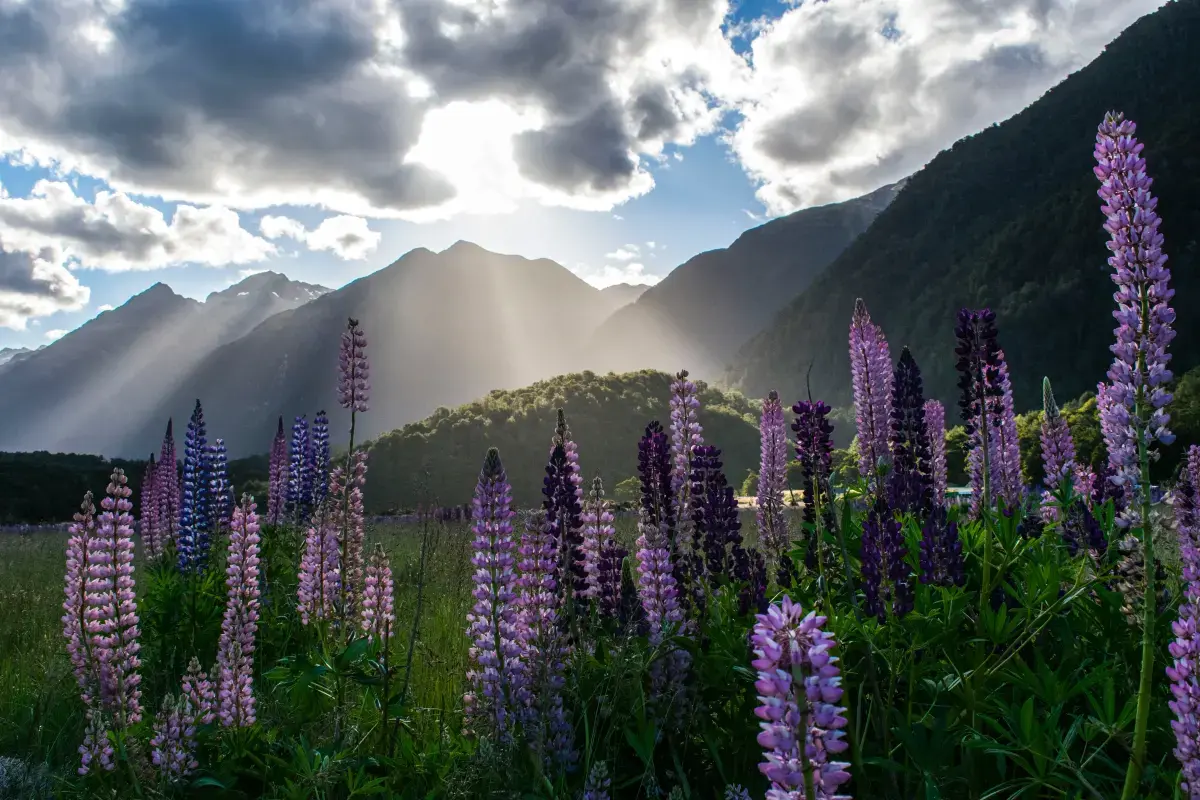
Sports & Recreation in New Zealand
New Zealand has an active outdoor lifestyle. Popular sports and recreational activities vary by region, but all reflect the countrys forests, mountains, rivers and beaches. Some of the most popular activities in New Zealand include: • Tramping (hiking): With thousands of kilometres of trails, tramping (hiking) is arguably the most popular recreational activity in New Zealand. From short walks to multiday hikes and backcountry camping adventures, there’s something for all levels of experience. The countrys long list of hiking routes includes the famous Tongariro Alpine Crossing and the Milford Track. • Kayaking: With its long coastline, numerous inlets, serene rivers and spectacular lakes, kayaking is a very popular recreational activity in New Zealand. Popular places to go kayaking include the Abel Tasman National Park, the Coromandel Coast, the Bay of Islands, and the South Islands stunning Fiordland National Park. • Mountain biking: New Zealand is known as one of the worlds best mountain biking destinations due to its rugged terrain, diverse landscapes and excellent trail networks. There are hundreds of mountain biking trails located around New Zealand offering everything from gentle winds to technical trails. • Surfing: New Zealand has some of the best surf spots in the world. The South Islands West Coast is renowned for its remote, wild beaches and its huge waves, while more sheltered areas such as the Bay of Islands, Kerikeri and Raglan are popular for more leisurely rides. • Skiing and Snowboarding: With more than 20 ski fields located around the country, New Zealand is a popular destination for winter sport enthusiasts. The most popular ski destinations are the Southern Alps which have a variety of ski fields, ranging from family-friendly resorts to backcountry powder skiing. • Sailing: With its thousands of kilometres of coastlines, many bays, inlets and rivers, sailing is a popular activity in New Zealand. Popular destinations for sailing include the Abel Tasman National Park, the Bay of Islands and Auckland Harbour. • Fishing: New Zealand is home to countless rivers and lakes, which makes it an angler’s paradise. Popular fish species include trout, salmon and snapper. Game fishing is another popular pastime, with Marlborough Sounds and Cook Strait being the best destinations for fishing for marlin, tuna, giant kingfish and other species. • Golf: New Zealand boasts some of the best golf courses in the world, many of which offer stunning views of the country’s spectacular scenery. Golfers can find great courses in places such as Auckland, Christchurch, Queenstown, and the Hawke’s Bay. • Other Activities: Other activities that are popular in New Zealand include bungy jumping, sky diving, rock climbing, paragliding, diving and sailing.
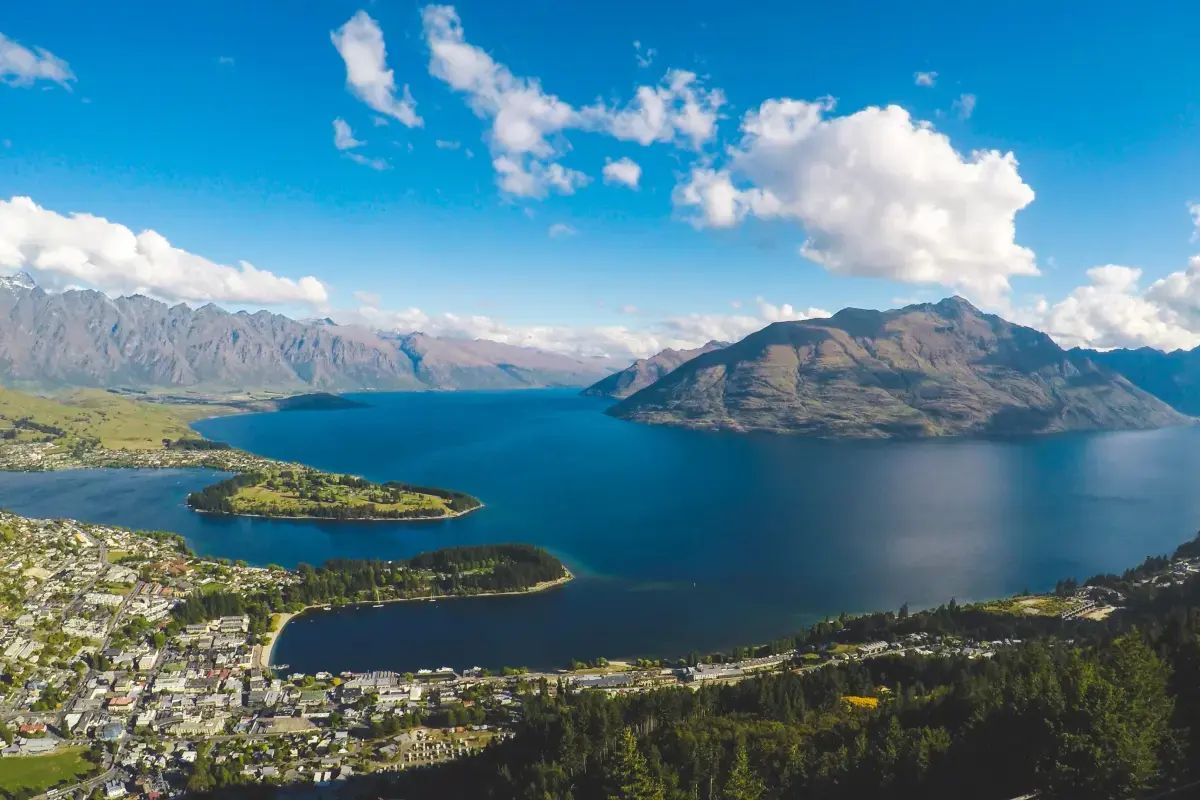
Cost of Living & Housing in New Zealand
The cost of living in New Zealand varies greatly depending on where you live, the lifestyle you lead and the type of accommodation that you choose. Generally speaking, New Zealand is a relatively affordable country and the consumer price index (CPI) has risen slowly over the past few years. Accommodation – In larger cities such as Auckland, Wellington and Christchurch, the cost of living is higher, and house prices can be in excess of $1 million. In other parts of the country, though, you can find quality accommodation for a fraction of the price. Depending on your budget and requirements, you can find a comfortable place to live ranging from around $500 a month in some areas to up to $1,500 in other areas. Transport – Public transport around the country is relatively affordable, with most cities providing transport options including buses, trains, ferries and taxis. Prices can range from around $3 - $5 for a single bus ride, and monthly passes vary considerably depending on the provider. Utilities – Utilities (such as gas and electricity) tend to vary depending on season and usage, but typically range from around $100-$150 per month. Food & Groceries – Prices are relatively stable, with food and groceries ranging from around $200-$300 per week for a family of four, depending on their tastes and preferences. Entertainment & Recreational Activities – The cost of this varies depending on the activity, but generally can range from around $5 for a movie to hundreds for concerts and events. Overall, New Zealand is a relatively affordable country, and the cost of living will depend on the lifestyle you lead and the type of accommodation that you choose. The cost of housing in New Zealand varies depending on the particular location, size of the property and the local market conditions. Generally, housing is more expensive in larger cities such as Auckland and Wellington compared to rural areas. In urban areas, one-bedroom apartments typically start from NZ$700,000 and can range up to NZ$10 million for larger, luxury homes. In rural areas, housing can range from around NZ$200,000 for three-bedroom homes to up to NZ$2 million for larger homes. Rents generally depend on the location and market conditions. In cities like Auckland and Wellington, one-bedroom apartments typically start from NZ$400 to NZ$600 per week, while three-bedroom apartments start from NZ$800 and can go up to NZ$2,500 depending on the size, quality and location of the property. In other parts of the country, rents are typically lower, ranging from around NZ$200 per week for one-bedroom properties and NZ$400 to NZ$800 per week for three-bedroom homes. House prices and rents in New Zealand have seen sustained growth over the past few years due to high demand and low housing supply. This trend has been particularly evident in Auckland and Wellington, where rapid population growth has pushed prices up significantly.
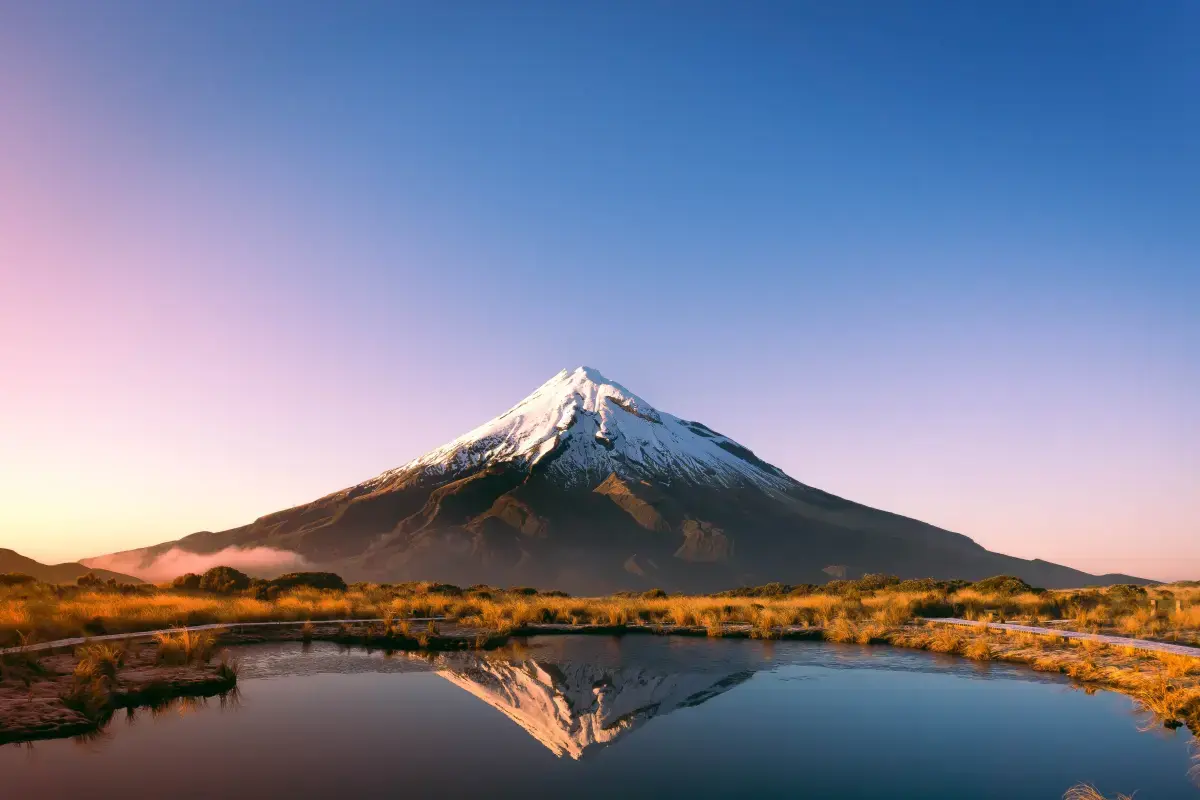
Finding a Job in New Zealand from Overseas as a Foreigner?
Use our Job hunting & job seeking guide to help your job searching easier.

The Best Rated Top 20 Recruitment Agencies in New Zealand
When searching for a Job from Overseas, reaching out to established Recruitment Agencies can help in your Job Search in New Zealand

What are the Best job boards in New Zealand
Jobseekers searching for jobs in New Zealand find the below job portals in in New Zealand as the best job websites for finding employment in in New Zealand
For more information about the best job boards in New Zealand
Best International Removals Companies to/from New Zealand
When the move to New Zealand gets closer, finding local and international removals companies that suit your requirements are critical. Find a list of the best companies Near You.

Expat info about living in
Don't just take our word for it.
Use the Best Forums in New Zealand to obtain all the independent advise about moving, living & working in New Zealand

Immigration Advice and Visa InformationNZ
Need assistance with obtaining the correct Visas and Work Permits in New Zealand.
- Get expert advice to make the move to New Zealand as easy as possible

Find Trusted Local Home Services
When you arrive, understanding the Best Local Services to help with your odd jobs and tasks around the home is essential.

Best Areas to Live in New Zealand
Popular towns, cities and regions that are proving popular with migrants moving to New Zealand
Study and Higher Education in New Zealand
Search our list of all universities in New Zealand to help your reach your educational goals.
- Find the Best University in New Zealand that suits your needs
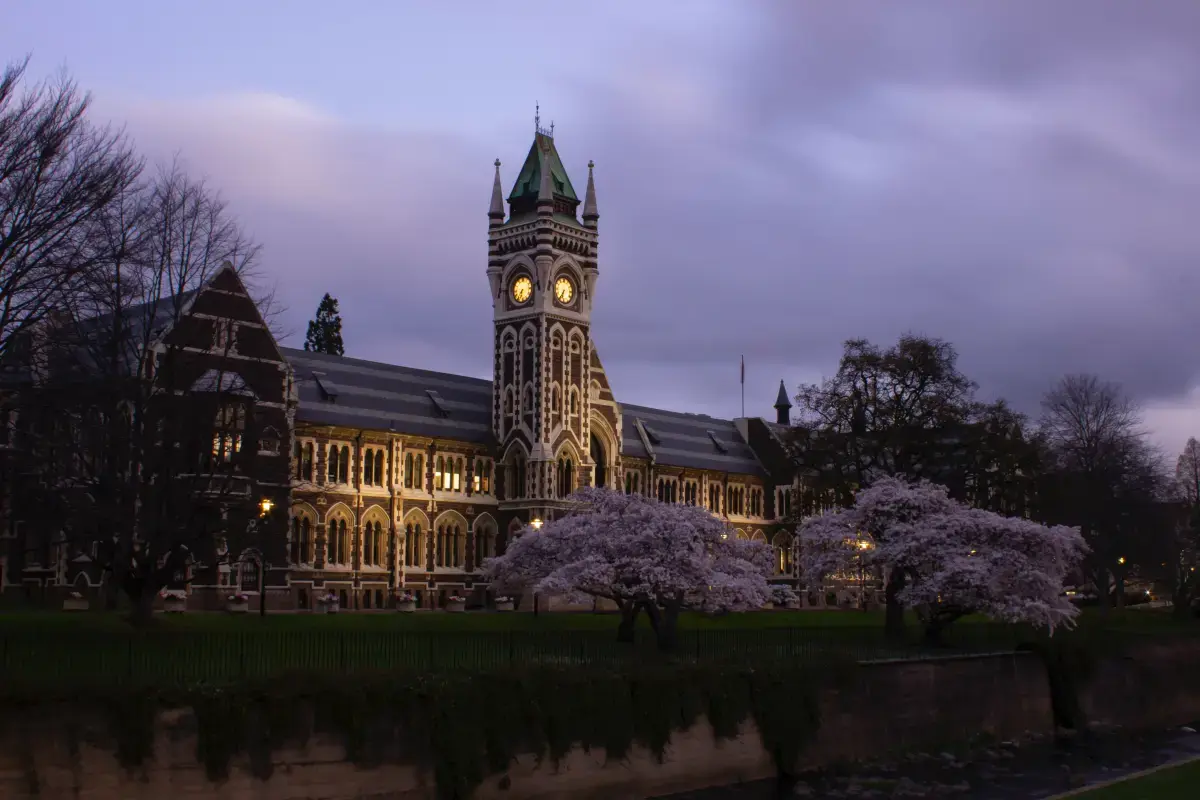
Featured Locations
Frequently Asked Questions
- Construction
- Business Analysis
- Web & App Development
- Animation
- Nursing
- Teaching
- Engineering
- Marketing
- Plumbing
- Carpentry
- Software Engineer
- Data Analyst
- Hospitality Staff
- Builders
- Full-time
- Part-time
- Permanent
- Freelance
- Gig Jobs
- Contract
- Weekend work
- Out of Hours
- Night shift
- Casual
- Temporary
- Remote
- Work From Home
- Work From Anywhere
- Telecommuting
- Flexible
See here for more Help & Support questions
